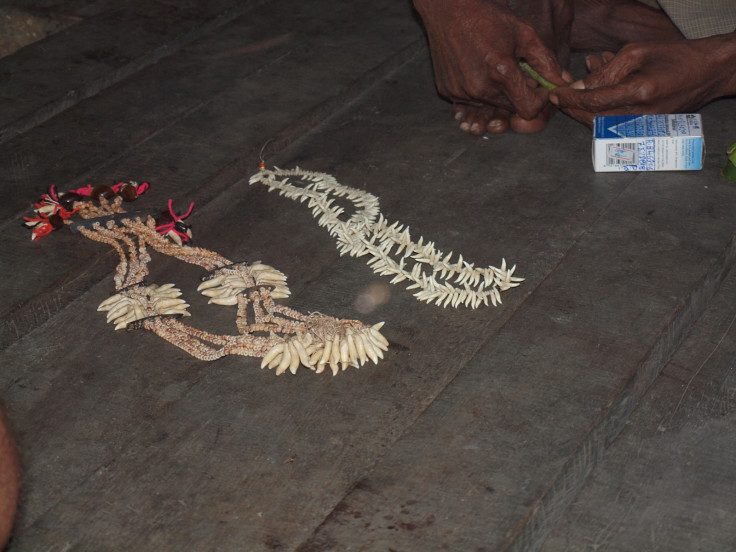Solomon Islands: Why have 15,000 dolphins been slaughtered for their teeth?

Animal rights advocates have been warning about the increasing rates of dolphin hunts, a widespread practice in places such as Peru, Farole Island, Solomon Islands and Japan.
The issue of dolphin hunting sparked international outrage after the release of the 2009 documentary The Cove, directed by former National Geographic photographer Louie Psihoyos, which shows the capture and slaughter of some dolphins during the hunting season.
Dolphins are mainly hunted for their meat, however, conservationists have also warned the cetaceans are killed for their teeth, mainly used as jewelry and currency.
Killing dolphins for their teeth occurs mainly in the Solomon Islands, where a recent research by the Orgeon State University estimated that 15,000 dolphins have been slaughtered in the past 40 years, with Fanalei being the most active village.
The research explained that Fanalei inhabitants stopped hunting dolphins in 2010 in exchange for financial compensation from the California-based NGO Earth Island Institute. However, the hunting resumed in 2013 after the NGO alleged that some of the financial compensation provided to the hunters had gone missing, while the hunters claimed the institute owed them some money.
According to a report by the Wall Street Journal, dolphin teeth have facilitated commerce in parts of the Solomon Islands - one of the poorest countries in Oceania - for centuries. Teeth are also used to pay wedding dowries, with the minimum payment consisting of 1,000 teeth, which means that dozens of dolphins are killed for one marriage settlement.
A spokesperson for the Whale and Dolphin Conservation (WDC) said to IBTimes UK that the value is increasing.
"From 1976 to 2013, it has been reported that more than 15,000 dolphins were killed by villagers in Fanalei alone, where a single dolphin tooth can fetch the equivalent of $70 cents (£0.45). The drive-hunting of dolphins has a long history in the Solomon Islands, particularly at the island of Malaita."
Practice can end if culture changes
World Animal Protection (WAP) - which has been working on cetacean hunt issues for more than a decade - condemned the killings and hopes this could end through a change of cultural practices.
WAP's Wildlife Campaign Manager Jo Toole told IBTimes UK: "The suffering behind a dolphin tooth necklace cannot be justified and we hope the people of the Solomon islands can evolve their traditions so that there can be an end to these cruel hunts.
"We've seen this with the campaign to take shark fin soup off the menu of wedding dinners in Asia. Culture is not static, it can change – the people of the Solomon Islands can have a wonderful wedding that shows a love and respect for the dolphins of their beautiful islands by not wearing dolphin tooth necklaces.

© Copyright IBTimes 2025. All rights reserved.




















